Sorry. We did not find anything.
Driving the Future All Electric Truck Revolution and What It Means for Our Roads
As the transportation industry pivots towards sustainability, the emergence of the All Electric Truck is reshaping the landscape of freight logistics. According to a recent report by BloombergNEF, electric trucks are projected to account for nearly half of all commercial vehicle sales by 2040, driven by advancements in battery technology and supportive government policies. This revolution not only promises to decrease greenhouse gas emissions but also aims to reduce the total cost of ownership for fleet operators. The transition to electric trucks is anticipated to create a significant impact on infrastructure, necessitating upgrades in charging networks and road maintenance practices. With these developments on the horizon, industry stakeholders must adapt to the shifts in logistics and supply chain management that the All Electric Truck revolution will bring.
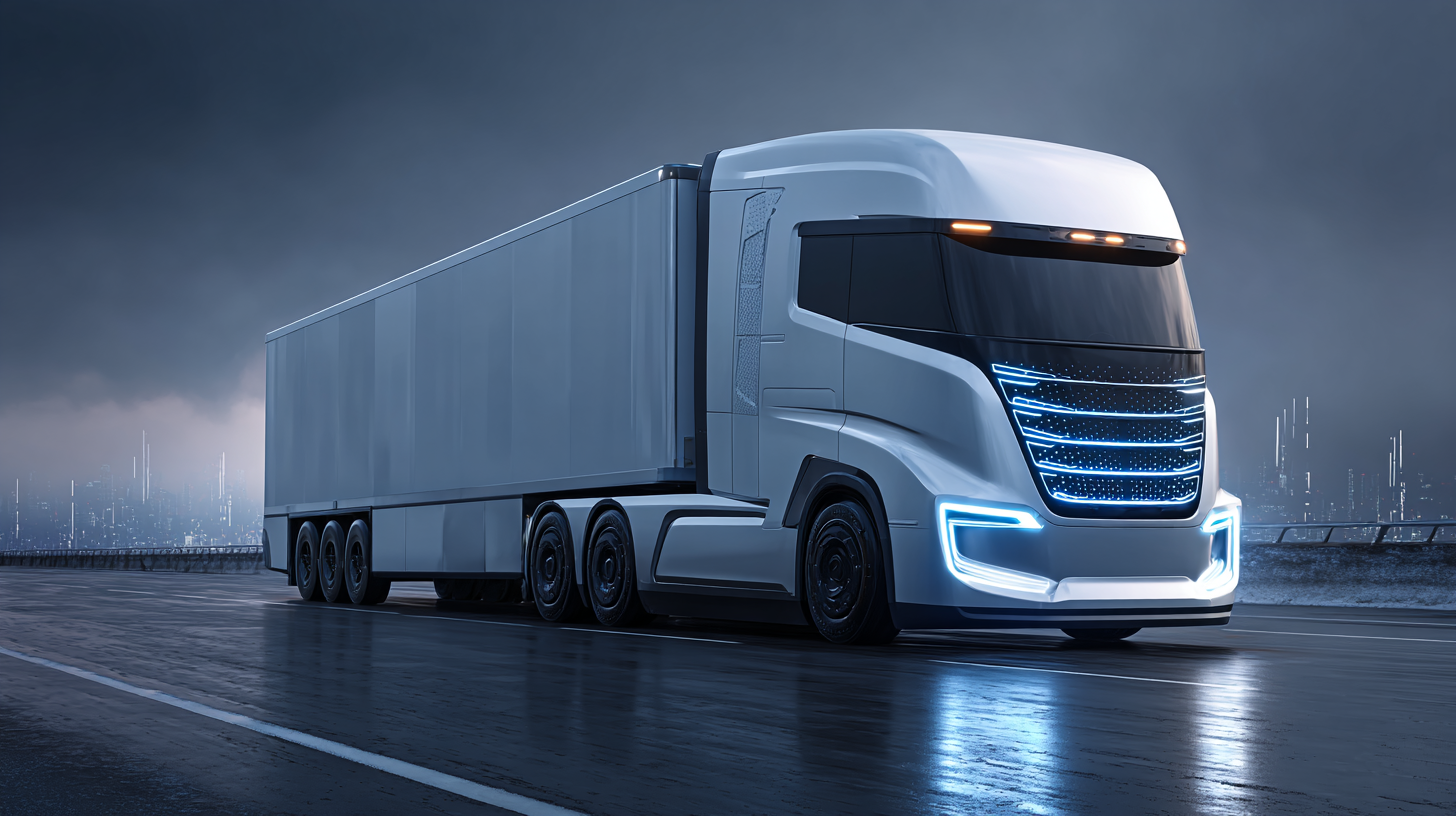
Understanding the Shift Towards All-Electric Trucks in Transportation
The shift towards all-electric trucks is transforming the transportation sector, providing a glimpse into a more sustainable future. As logistics companies and manufacturers embrace electric vehicles (EVs), the benefits become increasingly evident. These trucks not only promise significant reductions in greenhouse gas emissions but also lead to lower operating costs. Advances in battery technology are enhancing the range and efficiency of these vehicles, making them more viable for long-distance hauling.
**Tips:** When considering the transition to all-electric trucks, companies should invest in training for their drivers and maintenance staff to ensure they are well-versed in the new technology. Additionally, it’s essential to evaluate the availability of charging infrastructure along primary transport routes to prevent disruptions in operations.
As regulations around emissions tighten, the urgency for adopting all-electric trucks will only increase. This transition represents not just a shift in vehicle technology, but a transformational change in supply chain logistics. Businesses must stay ahead of the curve by exploring partnerships with EV manufacturers and engaging in pilot programs to test electric fleet integration.
**Tips:** To support this transition, companies can take advantage of government incentives and grants aimed at promoting electric vehicle adoption, which can alleviate some of the financial burdens associated with upgrading fleets. Establishing a clear roadmap for sustainability goals will aid in aligning corporate strategies with the evolving landscape of transportation.
Driving the Future All Electric Truck Revolution and What It Means for Our Roads
| Year | Number of Electric Trucks | CO2 Emissions Reduction (tons) | Infrastructure Investment (Million USD) | Charging Stations Installed |
|---|---|---|---|---|
| 2020 | 500 | 1,200 | 50 | 100 |
| 2021 | 1,200 | 3,000 | 75 | 200 |
| 2022 | 2,500 | 7,500 | 120 | 400 |
| 2023 | 5,000 | 15,000 | 200 | 800 |
| 2024 (Projected) | 10,000 | 30,000 | 300 | 1,200 |
Key Technologies Enabling the All-Electric Truck Revolution
The all-electric truck revolution is being driven by several key technologies that are transforming the logistics and transportation industries. Advanced battery chemistry, particularly lithium-ion technology, has improved considerably, enabling lighter, more efficient batteries with greater energy density. According to a report by the International Council on Clean Transportation (ICCT), advancements in battery design have the potential to increase electric truck range to over 600 miles on a single charge by 2030, significantly enhancing their viability for long-haul transportation.
Moreover, electric vehicle (EV) charging infrastructure is expanding rapidly, with the U.S. Department of Energy reporting an increase of over 30% in public charging stations in the past year alone. This growth is crucial for supporting the growing fleet of electric trucks, as freight companies like UPS and Amazon commit to electrifying their delivery networks. Additionally, software innovations such as smart routing and predictive maintenance are optimizing the performance of electric trucks, thus reducing downtime and operational costs. These technologies collectively herald a new era in freight transportation, promising not only to reduce emissions but also to improve logistics efficiency significantly.
Key Technologies Enabling the All-Electric Truck Revolution
Infrastructure Requirements for Supporting Electric Truck Deployment
The transition to all-electric trucks represents a significant shift in the logistics and transportation sectors, but it is heavily dependent on robust infrastructure to support their deployment. Key elements of this infrastructure include an extensive network of charging stations strategically located along major freight corridors. These charging facilities should not only be capable of fast charging to minimize downtime but also be equipped to handle the unique power requirements of heavy-duty electric trucks. By prioritizing investment in charging infrastructure, stakeholders can ensure that electric trucks are a viable alternative to conventional diesel vehicles.
In addition to charging stations, road infrastructure must also adapt to accommodate electric trucks' operational needs. This includes ensuring proper maintenance of roads to withstand the weight of heavy electric vehicles, as well as integrating smart technology to optimize traffic management. Load-bearing capacities and road design may need reevaluation to account for differences in electric truck dynamics compared to traditional vehicles. Overall, a comprehensive infrastructure plan will be essential for facilitating the widespread adoption of electric trucks, ultimately reshaping the future of our transport systems.
Environmental and Economic Benefits of All-Electric Freight Transport
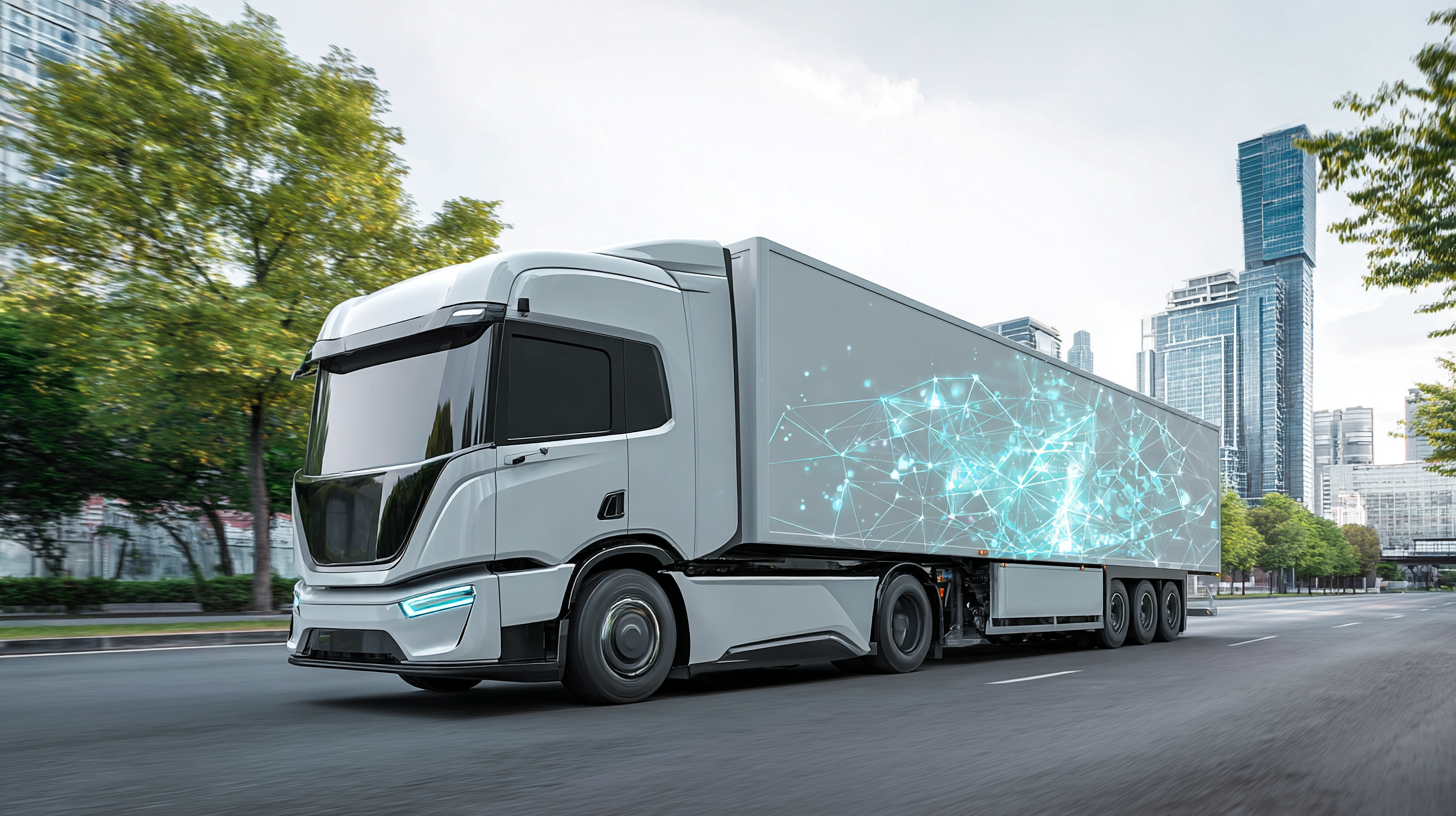 The shift towards all-electric freight transport is not only revolutionizing the trucking industry but also delivering significant environmental benefits. Traditional diesel trucks are major contributors to air pollution and greenhouse gas emissions. By transitioning to electric trucks, we can drastically reduce these harmful emissions, improving air quality and combating climate change. The use of clean energy sources to power electric trucks further enhances these benefits, making the entire freight transport process more sustainable.
The shift towards all-electric freight transport is not only revolutionizing the trucking industry but also delivering significant environmental benefits. Traditional diesel trucks are major contributors to air pollution and greenhouse gas emissions. By transitioning to electric trucks, we can drastically reduce these harmful emissions, improving air quality and combating climate change. The use of clean energy sources to power electric trucks further enhances these benefits, making the entire freight transport process more sustainable.
In addition to environmental advantages, all-electric trucks offer promising economic benefits. With lower operational costs, including maintenance and fuel, companies can see substantial savings. The efficiency of electric trucks allows for longer operational hours and reduced downtime, increasing productivity and profitability. As governments and businesses invest in infrastructure and technology to support this transition, the job market could also experience growth in manufacturing, maintenance, and energy sectors, creating new opportunities and driving overall economic development. The combination of these effects makes the all-electric truck revolution a pivotal moment for both our environment and our economy.
Challenges and Solutions for Integrating Electric Trucks into Existing Road Systems
The integration of electric trucks into existing road systems presents several challenges that require innovative solutions. One significant issue is the need for enhanced charging infrastructure. Unlike conventional trucks, electric trucks rely on extensive charging stations to maintain operation, especially on long-haul routes. This necessitates collaboration between government and industry stakeholders to expand the charging network, ensuring that locations are convenient for fleet operators while also meeting the demands of the growing electric vehicle market.
Additionally, the current road systems must be adapted to accommodate the unique weight and size specifications of electric trucks, which may differ from traditional diesel vehicles. This adjustment can involve modifying weight limits, road surfaces, and even signage to ensure safety and efficiency. For cities and states to successfully integrate electric trucks, policies should be revised to promote this shift while also prioritizing sustainable practices in urban planning.
Tips for businesses planning to transition to electric trucking include conducting a thorough cost-benefit analysis of electric versus diesel options and considering partnerships with local governments to advocate for necessary infrastructure improvements. Investing in training for drivers on the nuances of electric vehicle operation can also lead to a smoother transition and increased efficiency on the roads. Embracing these changes can significantly contribute to a greener future in transportation.
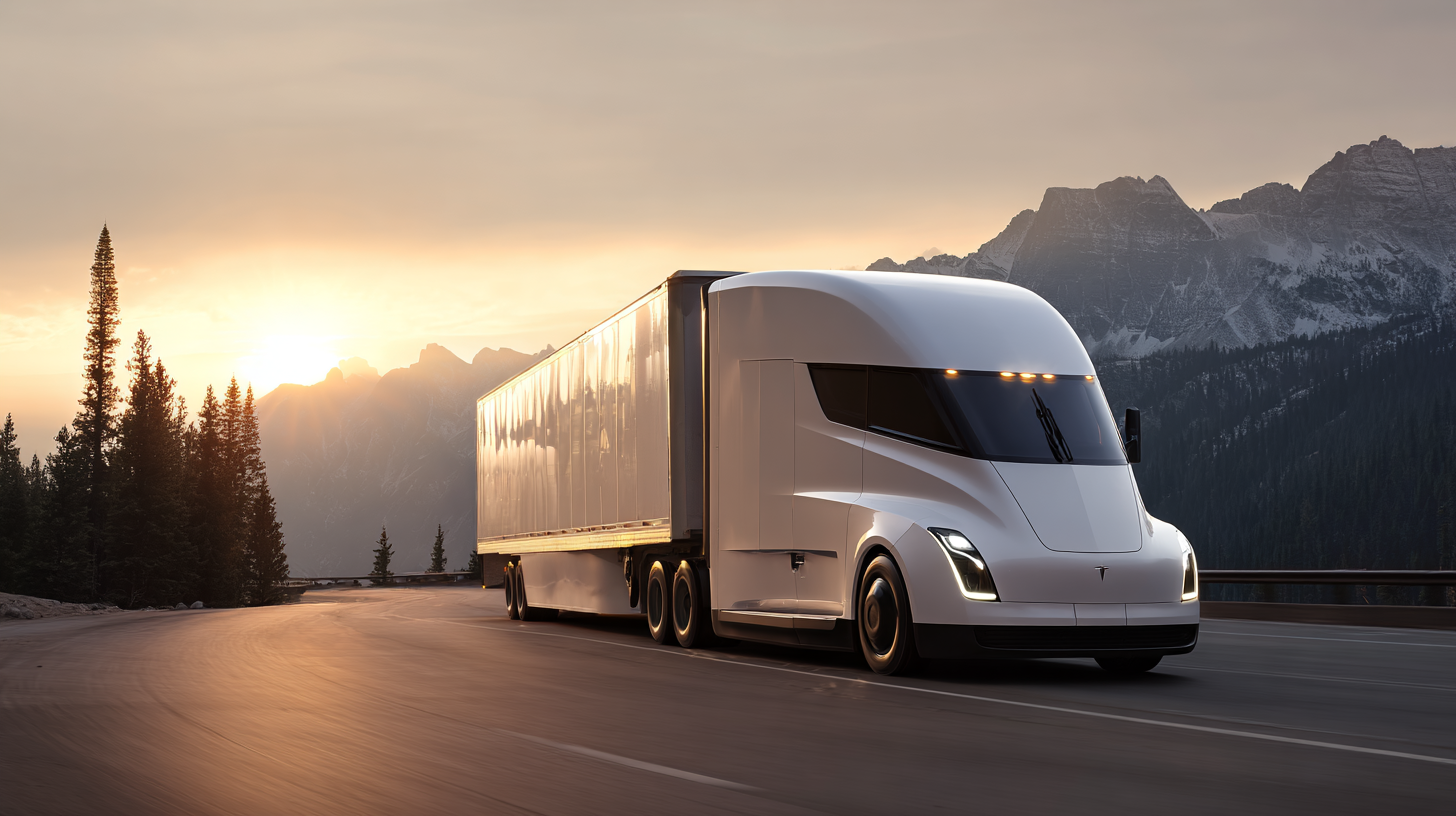
Related Posts
-
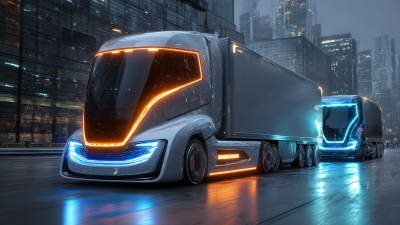
Future Innovations in Best Electric Trucks Post 2025 Analysis of Emerging Technologies
-

Exploring the Future of Transportation with Chinese Electric Trucks
-

Electric Trucks Versus Traditional Trucks A Comprehensive Comparison Guide
-
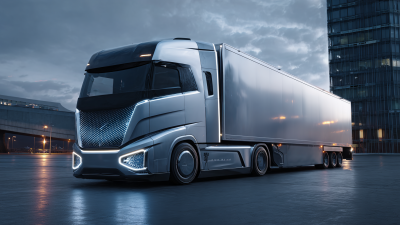
The Future of Transportation Exploring the Rise of Electric Trucks
-

5 Essential Tips for Choosing the Best New Electric Vehicles
-

Ultimate Showdown of the Best New Electric Vehicles on the Market
